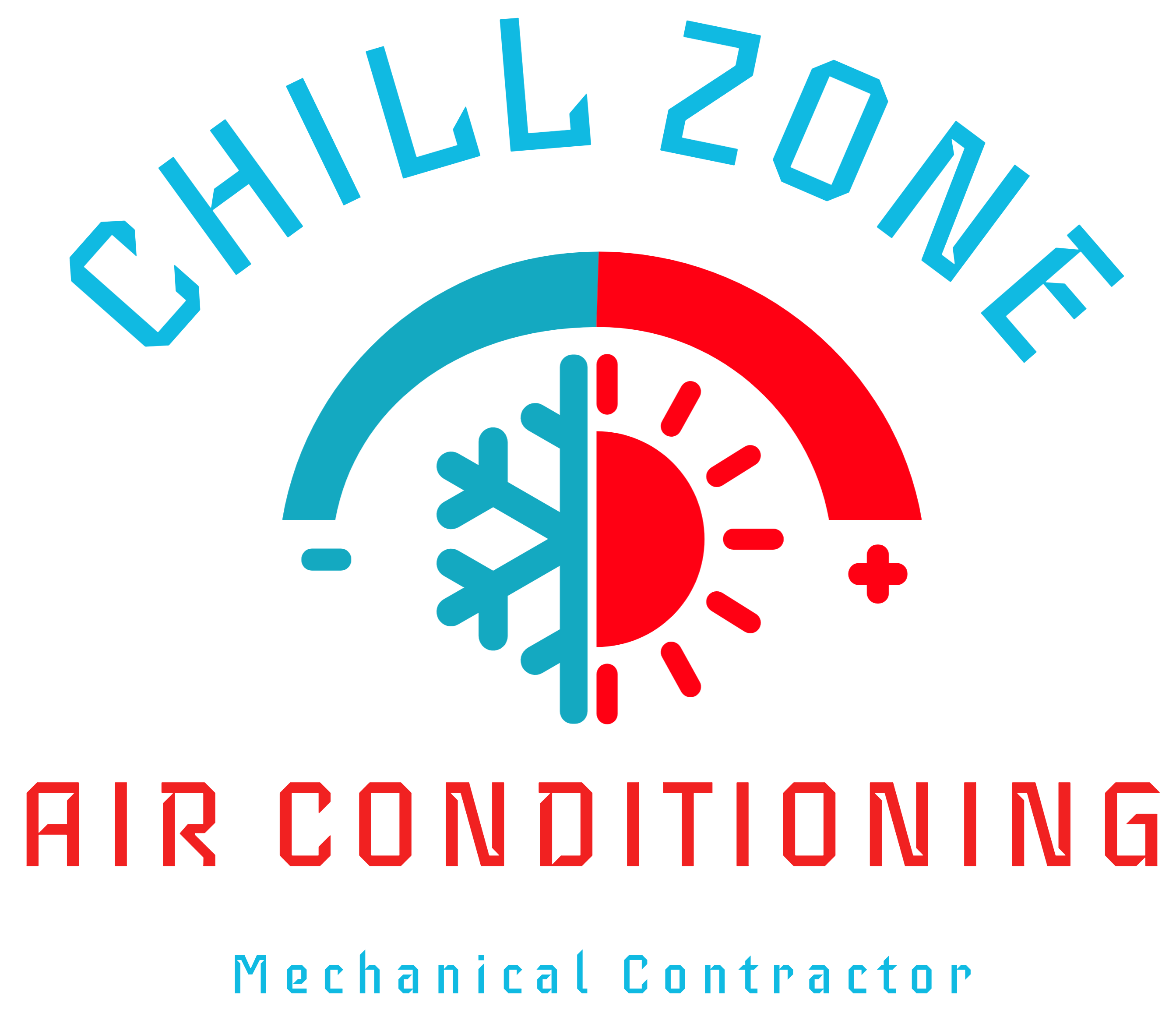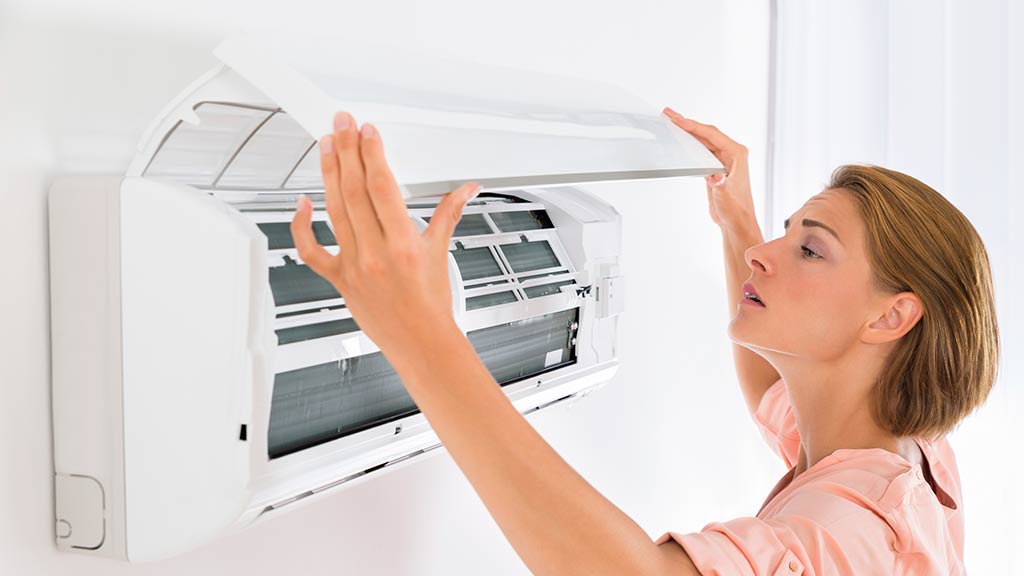In the sweltering heat of summer, few things provide as much relief as a well-functioning air conditioning (AC) system. Yet, for many homeowners, the inner workings of their AC unit remain a mystery. In this comprehensive guide, we delve deep into the intricacies of air conditioning technology, providing a detailed breakdown of its components and functionality.
At its core, an AC system is designed to regulate indoor temperature, humidity, and air quality, creating a comfortable living environment. Understanding how each part contributes to this process is essential for troubleshooting issues, performing maintenance, and maximizing efficiency.
We start our journey by examining the primary components of an AC system, including the compressor, condenser, evaporator coil, and refrigerant lines. Each component plays a vital role in the refrigeration cycle, where heat is absorbed from the indoor air, transferred outdoors, and released into the atmosphere.
Next, we explore the critical functions of the thermostat, blower motor, and air filter, which work together to regulate temperature and airflow within the home. Additionally, we discuss the role of ductwork in distributing conditioned air throughout the building and the importance of proper insulation for energy efficiency.
As we delve deeper into the mechanics of an AC system, we uncover common issues that homeowners may encounter, such as refrigerant leaks, compressor failure, and air duct obstructions. By understanding the warning signs and causes of these problems, homeowners can take proactive measures to prevent costly repairs and maintain optimal performance.
Furthermore, we provide practical tips for AC maintenance, including regular filter replacement, coil cleaning, and professional tune-ups. These preventive measures not only extend the lifespan of the system but also improve indoor air quality and reduce energy consumption.
To conclude, we emphasize the importance of professional installation and regular inspections by certified technicians. A skilled HVAC technician can assess the condition of your AC system, identify potential issues, and recommend appropriate repairs or upgrades.
By gaining a comprehensive understanding of your AC system, you can make informed decisions about its care and operation, ensuring years of reliable comfort and performance. So, whether you’re a homeowner looking to troubleshoot an issue or a curious individual eager to learn more about air conditioning technology, this guide serves as your ultimate resource for understanding the inner workings of your AC system.



